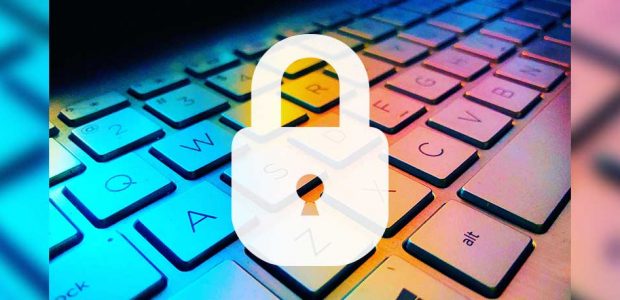NBSB’s Guide to Strong Passwords & Account Security
Secure accounts are something we all need now nowadays. For anything from Online Banking and credit card accounts, to college classes or our doctor’s online portal. You can never be too safe as far your personal information goes. In this fast paced, data-based world we live in, it’s easy to fall victim of a scam, or simply have your information stolen. First thing is first, protecting your accounts and devices with strong passwords is crucial in creating your first line of defense.
It is easy to slip into the illusion that not all sites will need a secure password. However, anything from Facebook to LinkedIn to your email account could result in serious consequences if compromised. Also, more personal data than you think is stored in those websites. For example, a hacker could guess your Facebook password and message all your friends requesting money, or use the information within that page to guess your other passwords (i.e., Pet’s name, Birth Date, Favorite Color, etc.). Use these tips to help you create the strongest, most secure password possible to keep yourself and your information safe. There’s only one you-let’s keep it that way.
A password should always be difficult to guess and should NEVER be shared.
Do’s:
- Create “strong” passwords for computers, mobile devices and online accounts. Use combinations of upper-and lower-case letters, numbers and symbols that are hard to guess. For example: P1cKle$RS@ltY (pickles are salty)
- Change your passwords frequently and use Different passwords for each account.
- Use more than 8 characters. Many times, the password requires ATLEAST 8 characters. Using a minimum of only 8 characters can make a password easier to guess, or obtain by other means.
- Consider using a “passphrase” instead of a password. A passphrase is a sequence of words that act as your password. They are typically more secure than a traditional password and can be easier to remember. Be careful to avoid common phrases or sayings. For example: Writers Promptly Deliver Papers
Don’ts:
- Use sequential characters, ex/ 123qwe or qwerty
- use words found in dictionaries as the “root” of your password (i.e. 3Chattanooga!), as even a partial recovery of the password could allow the attacker to guess at the rest (i.e. if 3Chatt was recovered, it wouldn’t take too much guessing to get to Chattanooga)
- Choose something that is not easy to guess, for instance if everyone in the office knows you LOVE pizza, maybe “Pizza1” is not secure enough for your workstation
- Consider what information you put out in the world, have it be verbally or through social media, your favorite color, pet’s name or favorite food may not be as much of a secret as you’d think.
- Use the same password for everything, for instance, if you have the same password for every app or website you use, then if one password is compromised, you are affected across the board.
- Store passwords somewhere they are at risk. For example, a sticky note under your keyboard, or even worse, a document/note within your phone containing all passwords , account numbers or user ID information. Many people do this to have a reference for their passwords but unfortunately if a hacker gains access to your phone, all your information is compromised and you made it too easy for them!






